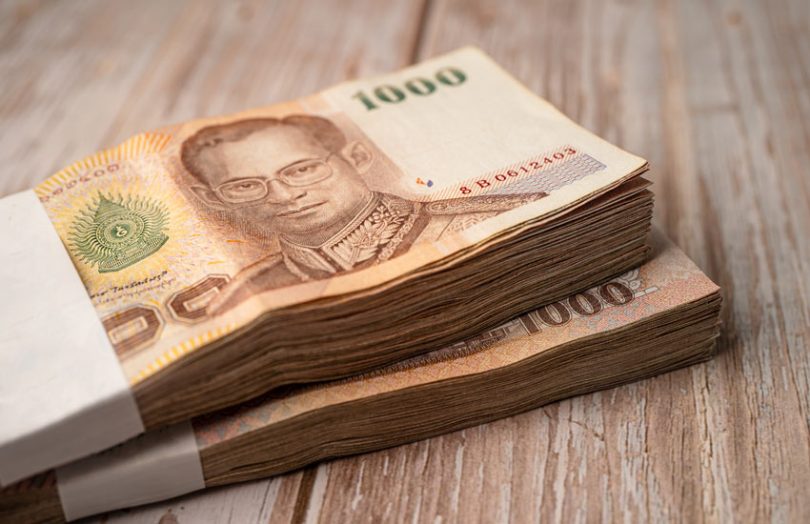Today the Bank of Thailand (BOT) issued preliminary guidance on stablecoins and also requested input on potential regulatory guidelines.
It split stablecoins into two buckets, the first being stablecoins backed by Baht currency which it considers e-money. Hence issuers and those that provide stablecoin services are expected to consult the central bank before starting operations.
The second group is any other type of stablecoin, such as one backed by a foreign currency, assets or algorithmic. The central bank said these stablecoins are not currently illegal, but it is considering regulatory guidelines.
At the same time, the Bank of Thailand highlighted its own retail central bank digital currency work.
Last week, it published a report about its CBDC trial for corporate payments with the Siam Cement Group, highlighting performance concerns. Siam Cement Group is involved in a very successful blockchain procure-to-pay solution. The central bank is also a participant in cross border or multi CBDC trials with Hong Kong, China and the UAE.
Thailand is pretty progressive when it comes to the use of blockchain and DLT. The central bank has already issued scripless blockchain bonds to retail investors. And at least 22 banks are involved in a blockchain letter of guarantee system that has processed many hundreds of millions in guarantees. The Stock Exchange of Thailand (SET) plans to launch digital asset trading later this year.






